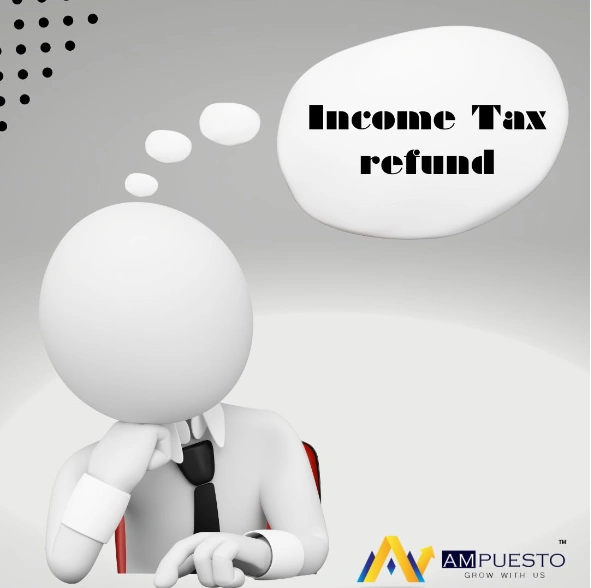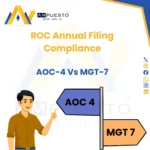A tax based on an individual’s or an entity’s earnings is known as income tax. The government imposes a direct tax on a variety of income streams, including but not limited to wages, salaries, self-employment profits, interest, dividends, capital gains, and rental income. Income tax is intended to bring in money for the government to pay for public services and programs.
A refund of excess taxes you have paid to the government over the course of the year is known as an income tax refund. Your income, deductions, and credits are used to determine your overall tax burden when you file your income tax return. You may be eligible for a refund if the amount of tax deducted from your paychecks or paid through anticipated tax payments is greater than your actual tax burden.
In other words, the refund equals the difference between your total tax liability for the year and your total tax payment. It is the extra money the government gives you back. Depending on the circumstances, either a cheque or a direct deposit into your bank account may be used to issue the reimbursement.
To get your income tax refund, you normally need to file an income tax return for the applicable tax year. You can record your income on your income tax return, make deductions and credit claims, and determine how much overall tax you owe. If you have overpaid your taxes, the taxing authorities will examine your return, confirm the data you supplied, and handle your refund.
Not everyone qualifies for an income tax refund, it’s crucial to remember that. You won’t get a refund if your total tax debt equals or exceeds what you’ve previously paid.
However here are some potential reasons for a delay:
- Tax return mistakes or omissions: After submission of the income tax return, your refund may take longer to process if your tax return has mistakes, inconsistencies, or missing information. Inaccuracies in math, missing signatures, wrong Social Security numbers, and incomplete forms are typical problems. It’s critical to confirm the accuracy of your return before submitting it.
- Postal service delays: It’s possible that postal service delays played a role if you selected to get your refund by mail. The time it takes for you to receive your refund cheque may be impacted by postal delays, particularly if they occur during busy mailing times or under unforeseeable circumstances.
- Processing time: The complexity of your income tax return, how you filed it (mail or electronically), and the volume of income tax returns being processed all play a role in how long it takes to process your refund. Refunds the processing of a refund may take many weeks or even months.
- Authentication of identity: To confirm your identity and stop fraud, the tax office may occasionally ask for extra proof. This may occur if there are concerns about your return or if there have recently been instances of identity theft involving your data. The time it takes to get your refund may be increased by the verification process.
- Expenses that have not been paid: The taxing authorities may deduct money from your refund to cover any unpaid federal, state, child support, or other debts you may have. In such circumstances, your refund can be postponed or even used entirely to pay the obligation that is still owed.
- Backlog or modifications to the law: Refund processing may occasionally be delayed as a result of new legislation or changes to tax regulations. Furthermore, a lot of income tax returns can be filed at once, which can cause processing delays and backlogs.
- Review or audit: In some circumstances, your income tax return may be chosen for review or audit. This may occur at random or if your return contains anomalies or suspicious things. Your return will take longer to process if it is being reviewed, and you might be requested to supply more information or respond to further inquiries.
- Payment processing or bank difficulties: There are times when problems at the recipient’s end, such as erroneous bank account information or issues with the payment processing system, might cause delays in refund payout. It is wise to double-check the accuracy of the banking information you gave for direct deposit or to get in touch with the tax office to make sure there are no payment issues.
It is advised to get in touch with the tax authority or revenue agency that deals with tax issues in your jurisdiction if you haven’t gotten your income tax refund and think it’s been an unreasonable amount of time. They will be able to give particular details on the condition of your refund and any possible problems that might have contributed to the delay.
It’s advisable to work with a reputable and experienced tax consultant who can tailor their services to your needs and provide personalized advice for maximizing your income tax refunds smoothly.









